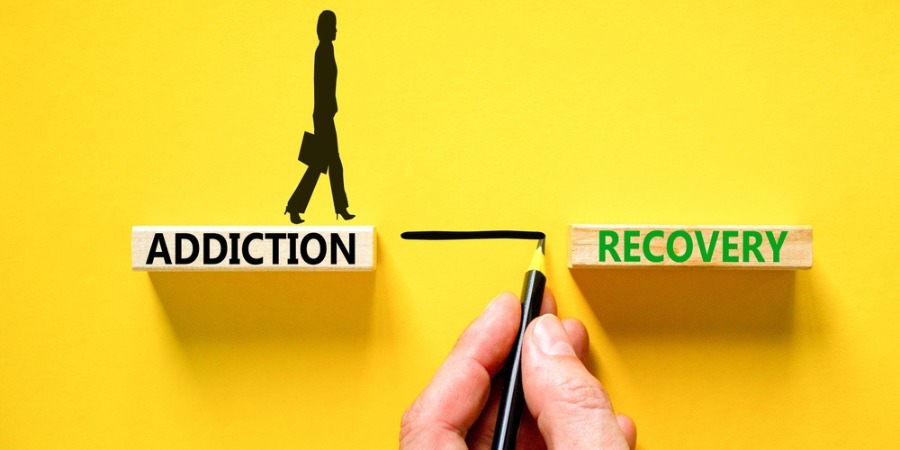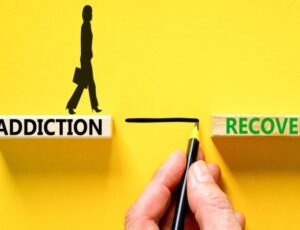For many people, prescription medications are a lifeline—managing pain, easing anxiety, or helping with focus. However, when these medications are misused or taken for extended periods, they can lead to physical dependence and addiction. Breaking free from that cycle can be challenging, but Prescription Drug Detox offers a safe and medically supervised path to begin the recovery process.
Understanding Prescription Drug Dependence
Prescription drug dependence develops when the body becomes accustomed to the presence of a medication and requires it to function normally. This can occur even when medications are initially taken as prescribed. The most commonly misused prescription drugs include:
- Opioids such as oxycodone, hydrocodone, and morphine, often prescribed for pain management.
- Benzodiazepines like Xanax, Valium, and Ativan, typically used for anxiety or sleep disorders.
- Stimulants such as Adderall and Ritalin, prescribed for ADHD and narcolepsy.
When these substances are misused—whether by taking higher doses than prescribed, using them for non-medical purposes, or combining them with other substances—the risk of dependence and addiction increases dramatically.
Why Prescription Drug Detox is Critical
Detoxification is the process of allowing the body to eliminate the substance while managing the uncomfortable or dangerous withdrawal symptoms that may occur. Attempting to quit prescription drugs abruptly without medical supervision can be risky, and in some cases, life-threatening. Professional detox ensures:
- Medical monitoring to manage complications.
- Medications to reduce withdrawal discomfort.
- Support to address emotional and psychological challenges.
Common Withdrawal Symptoms
The severity and duration of withdrawal symptoms vary depending on the type of prescription drug, the length of use, and the individual’s overall health. Possible symptoms include:
- Muscle aches and joint pain
- Sweating and chills
- Anxiety, irritability, or depression
- Nausea and vomiting
- Insomnia or disrupted sleep patterns
- Intense cravings
Some substances, such as benzodiazepines, can cause severe withdrawal effects like seizures, making medical oversight essential.
The Detox Process
A professional prescription drug detox typically follows a structured approach:
- Assessment and Intake – Medical professionals evaluate the individual’s physical health, mental health, and history of drug use.
- Stabilization – Withdrawal symptoms are managed through medications, hydration, and nutritional support.
- Transition to Ongoing Treatment – Once stabilized, the patient moves into a rehabilitation program to address the root causes of addiction.
Medication-Assisted Treatment (MAT) in Detox
MAT can be a vital component of prescription drug detox, especially for opioid or benzodiazepine dependence. Examples include:
- Methadone or buprenorphine for opioid withdrawal management.
- Gradual tapering of benzodiazepines to reduce the risk of severe withdrawal effects.
- Non-addictive medications to help with anxiety, depression, or sleep problems.
Addressing the Psychological Side of Detox
Addiction impacts the mind as much as the body. That’s why detox programs often include access to therapists or counselors who help individuals:
- Process emotional triggers.
- Learn stress-management techniques.
- Develop healthier coping strategies.
This mental health support can be especially important for individuals with co-occurring disorders such as depression, PTSD, or anxiety.
After Detox: Building a Foundation for Recovery
Detox is only the beginning of the recovery journey. Without continued treatment, the risk of relapse is high. Post-detox options include:
- Inpatient rehabilitation – Residential programs offering structured care and 24-hour support.
- Outpatient programs – Flexible treatment for those with work, school, or family obligations.
- Therapy and counseling – Individual, group, and family sessions to address underlying issues.
- Support groups – Peer support networks like Narcotics Anonymous.
Choosing the Right Prescription Drug Detox Program
Not all detox programs are the same. Factors to consider include:
- Accreditation and licensing – Ensures the program meets professional care standards.
- Medical expertise – Staffed with licensed medical and mental health professionals.
- Individualized treatment – Care plans tailored to the patient’s needs and history.
- Aftercare planning – Clear steps for continued recovery after detox.
The Link Between Mental Health and Prescription Drug Misuse
Many individuals struggling with prescription drug addiction also face mental health challenges. Known as a dual diagnosis, this requires integrated care that addresses both conditions. For example, someone with chronic anxiety might become dependent on anti-anxiety medication, and effective treatment will involve both detox and ongoing therapy to manage anxiety in healthier ways.
Why Quitting Alone Can Be Dangerous
Some people attempt to quit prescription drugs “cold turkey” at home, believing it will be faster or more private. However, without medical oversight, this approach can result in:
- Dangerous withdrawal symptoms.
- Increased risk of relapse due to intense cravings.
- Medical emergencies, including seizures or cardiac issues.
Benefits of Professional Detox
Enrolling in a professional prescription drug detox program offers numerous benefits:
- Safety – Continuous medical monitoring reduces risks.
- Comfort – Medications and supportive care minimize discomfort.
- Accountability – A structured environment promotes focus and discipline.
- Emotional support – Staff and peers provide encouragement and guidance.
Family Support in Recovery
Families play a significant role in supporting loved ones through detox and beyond. Many programs involve family education sessions to help loved ones understand addiction, improve communication, and build a healthy home environment that supports sobriety.
Overcoming Stigma and Seeking Help
The stigma surrounding addiction often prevents people from seeking treatment. It’s important to recognize that addiction is a medical condition, not a moral failing. Entering a detox program is an act of courage and self-care, paving the way toward a healthier, more fulfilling life.
Taking the First Step Toward Healing
Acknowledging the need for help is the most important step in overcoming prescription drug addiction. With professional care, recovery is not only possible but sustainable. A medically supervised detox provides the foundation for lasting change, offering the tools and support needed to reclaim control and rebuild a life free from addiction.




